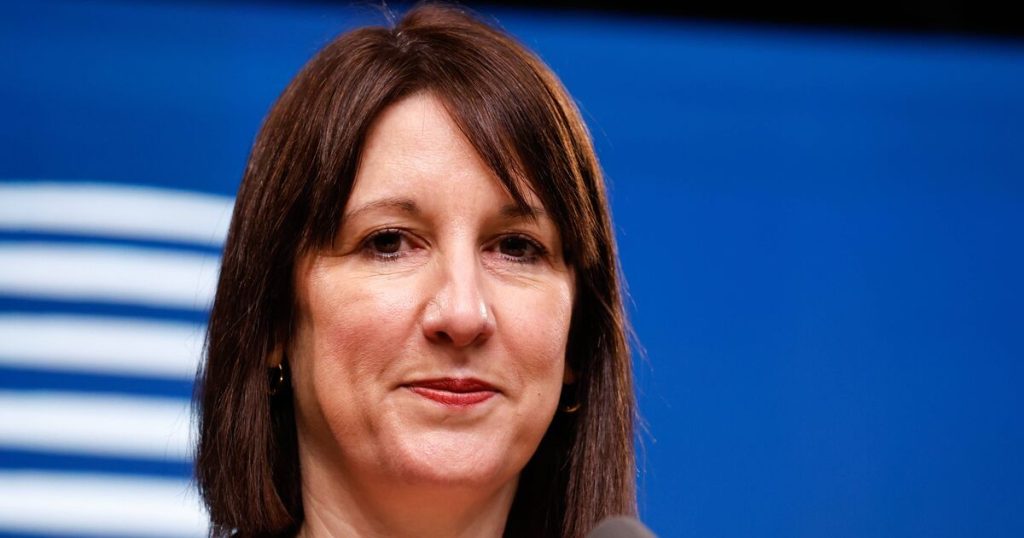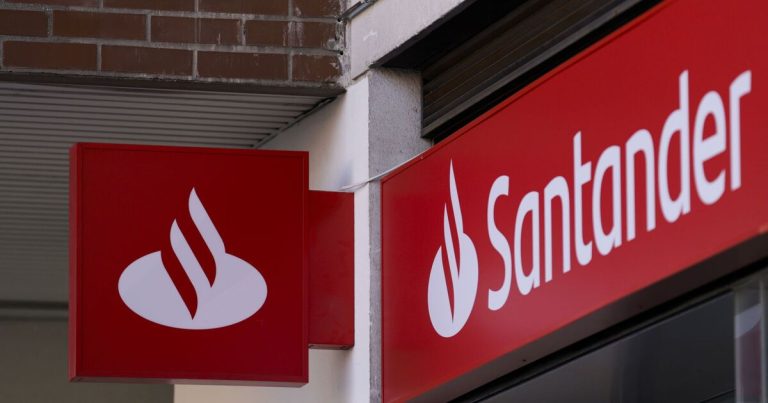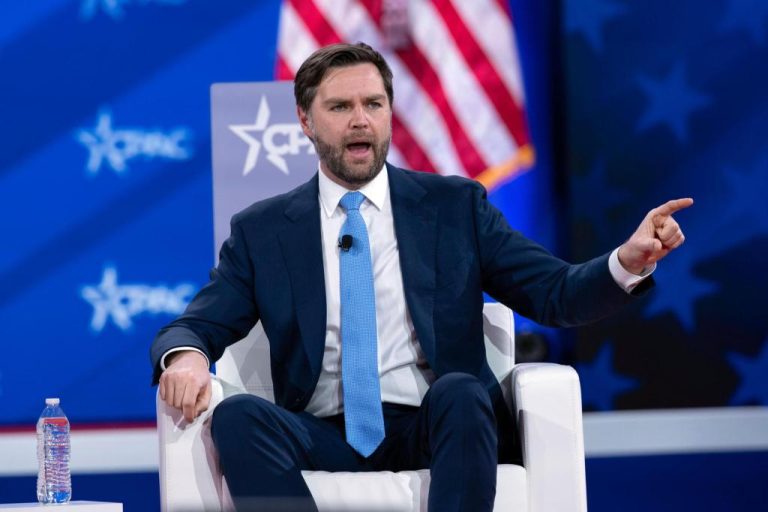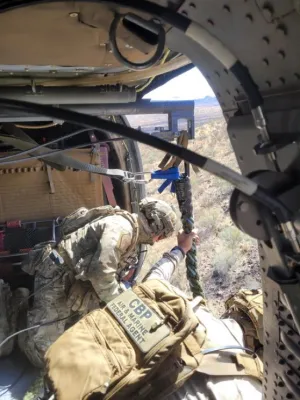
Pensioners in Northern Ireland who took a hit from reductions in winter fuel support are set for a financial boost, with a one-off payment promised by Stormont’s devolved government. During a committee briefing, it was revealed that individual pensioners living alone will receive £100, and in households with multiple eligible pensioners, each will get £50.
Department for Communities officials have signalled their confidence in processing these payments before March ends. This pledge comes after approximately 249,000 pensioners in Northern Ireland lost entitlement to the winter fuel support payment due to Chancellor Rachel Reeves’ austerity measures enacted last year by the UK’s Labour government.
The original policy granted all pensioners amounts ranging between £200 and £300, but was narrowed to include only those on select benefits like Pension Credit. Communities Minister Gordon Lyons had previously announced in November the intent to distribute a one-off payment to those adversely affected, managing to earmark £17 million from an in-year monitoring fund.
This Pension Age Fuel Support Payment Scheme aims for expedient delivery, directly depositing funds into bank accounts by the conclusion of March. In his Thursday morning appearance before the Stormont Communities Committee, David Tarr estimated the total value of the initiative at about £18 million, not accounting for the costs of administration and IT.
Conrad McConnell indicated that his team set to work “immediately” post-announcement to ensure timely distribution.
“There are an estimated 179,000 households in Northern Ireland expected to receive this payment,” he declared. “We started work immediately once the announcement was made to put in all the necessary IT and logistical arrangements to ensure the issuing of the payments before the end of March.”
He added that a dedicated team is working tirelessly to meet the deadline, despite the complexity of the task: “We have a dedicated team in place which meets weekly and works on this every day to make this happen on time. There are lots of strands involved in this work. But despite all the complexity across all the various strands of work… we are on track to have the payment paid before the end of March 2025.”
Committee chair Colm Gildernew expressed his approval of the payment, following what he termed as the government’s “disgraceful” cut.







